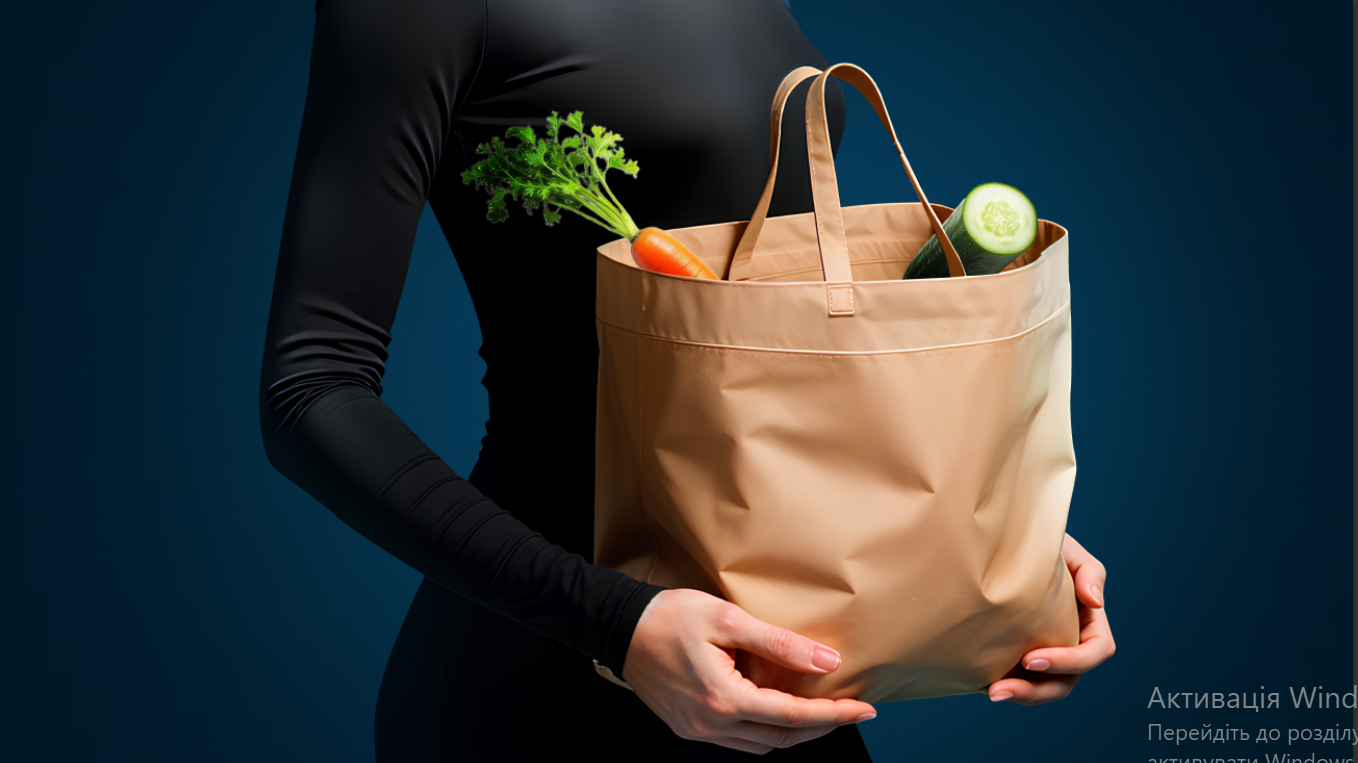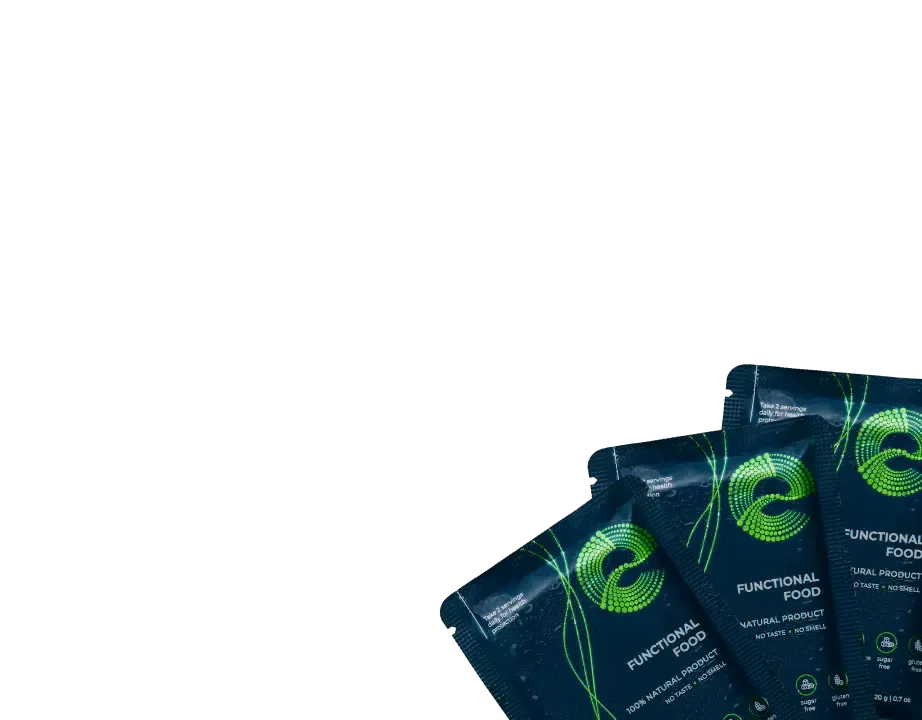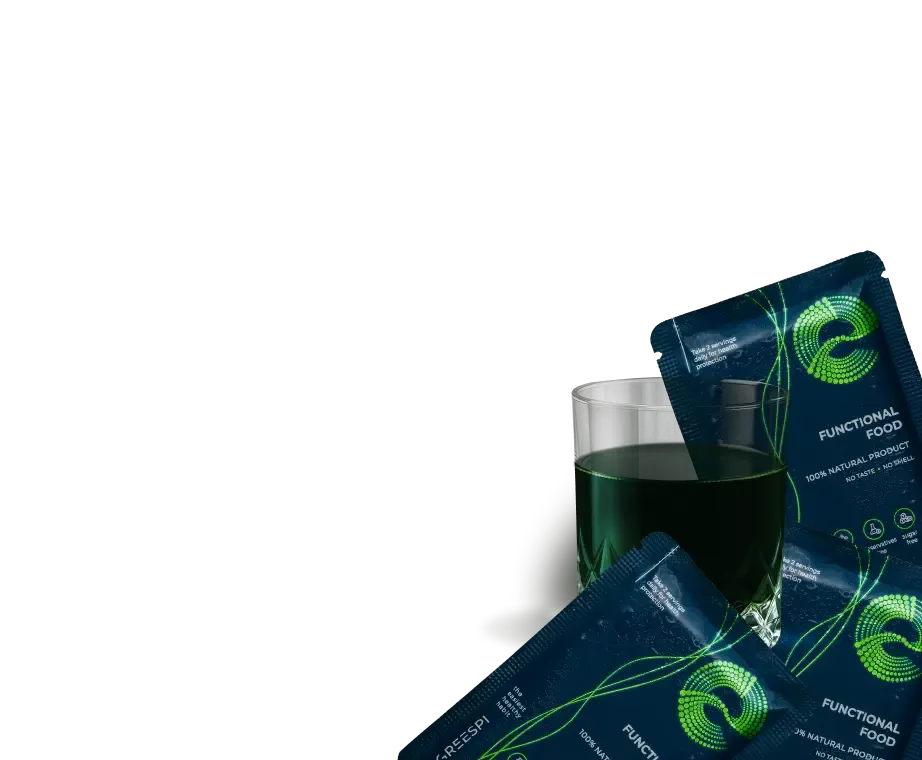
Vegetable deficiency in the diet: impact on health and how to compensate for it.
Despite a wealth of scientific evidence confirming how essential plant-based foods are for physiological balance, many people’s diets are still low in vitamins, minerals, and phytonutrients.
Key Barriers to Regular Vegetable Consumption
A number of factors contribute to the decline in the share of vegetable products in daily diets:
Pace of life – Not enough time to cook fresh meals leads to choosing processed or ready-to-eat products that lack a full vitamin profile.
Cultural and taste habits – Many people have eating patterns that include very few raw or lightly cooked vegetables.
Seasonality and product quality – In colder months, access to fresh, nutritious produce is limited, and long storage or transport often lowers its nutritional value.
Digestive issues – Some people cut back on dietary fiber because their GI tract is sensitive or they have related conditions.
When Plant Foods Are Irregular, Two Main Problems Follow
1. Hypovitaminosis and Mineral Deficiency
- Vitamin C (ascorbic acid) – weaker immune response, impaired collagen synthesis, fragile capillaries.
-
Vitamin A (retinol) – reduced visual acuity, slower tissue regeneration.
-
Folate (vitamin B9) – higher risk of megaloblastic anemia, chronic fatigue, poorer memory and focus.
-
Potassium & magnesium – electrolyte imbalance, heart-rhythm issues, muscle cramps.
-
Fiber – slower intestinal motility, microbiota disruption, greater metabolic-disorder risk.
2. Higher Risk of Chronic Disease
- Metabolic syndrome and obesity from excess simple carbs.
-
Lipid disorders and cardiovascular disease due to lack of antioxidant compounds.
-
Accelerated aging, oxidative stress, poorer skin and hair condition.
What’s Packed into a Greespi Sachet?
Vitamins
-
Vitamin A (beta-carotene) – supports sharp vision, a strong immune system, and healthy skin.
-
B-complex vitamins – power energy metabolism, keep the nervous system functioning normally, and aid many metabolic processes.
-
Vitamin K – crucial for bone strength and normal blood clotting.
-
Vitamin E – a powerful antioxidant that protects cells from oxidative stress and maintains cell integrity.
⚡ Minerals
-
Iron – helps prevent fatigue, maintains healthy hemoglobin levels, and wards off anemia.
-
Calcium & magnesium – reinforce bones and keep muscles and the nervous system working properly.
-
Potassium – supports normal heart function and fluid–electrolyte balance.
💎 Unique Bioactive Components
-
Phycocyanin – a blue-green pigment; potent natural antioxidant with anti-inflammatory effects. Supports immunity, aids liver detox, and shields cells from oxidative stress.
-
Chlorophyll – a green pigment that acts as a natural detoxifier, improves circulation, and promotes tissue regeneration and body cleansing.
-
Gamma-linolenic acid (GLA) – a rare omega-6 fatty acid that bolsters immune function, lowers inflammation, supports skin health, and helps regulate hormones.
Greespi: Functional Food When Your Diet Needs Reinforcement
✔️ For people who eat few vegetables – supplies the vitamins and antioxidants normally obtained from greens.
✔️ Sensitive GI tract – easy to digest and less likely to cause bloating than some raw veggies.
✔️ Tight schedules – a quick, complete option for a snack or breakfast with zero prep.
✔️ Older adults – supports bones, vision, cardiovascular health, and digestion.
✔️ Recovery after illness or antibiotics – aids regeneration and helps restore gut microflora.
Greespi Is a Natural “Insurance Policy” for Kids Who …
-
eat very few vegetables,
-
face heavy demands (school, sports),
-
struggle with seasonal vitamin shortages.
Let’s Be Honest: Even “Healthy Eating” Today Doesn’t Guarantee Enough Nutrients
The advice to “just eat more veggies” often runs into real-world hurdles: read more in our blog.
Greespi Is Not a Substitute for Vegetables; It’s Smart Nutrition for Modern Life
✔ Helps correct the most common micronutrient gaps.
✔ Supports the body during physical or emotional stress, low appetite, or dietary restrictions.
It’s simple to use, and storing it in the freezer keeps every nutrient intact—see the full instructions for details.
Would you like to try?
Select the desired option:

to try Greespi

To last for a month

for the whole family